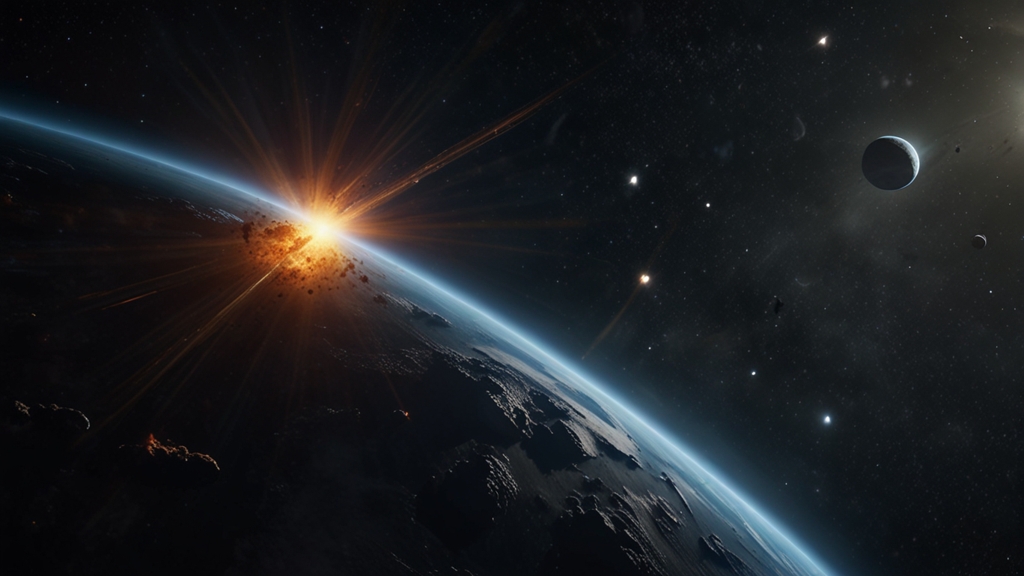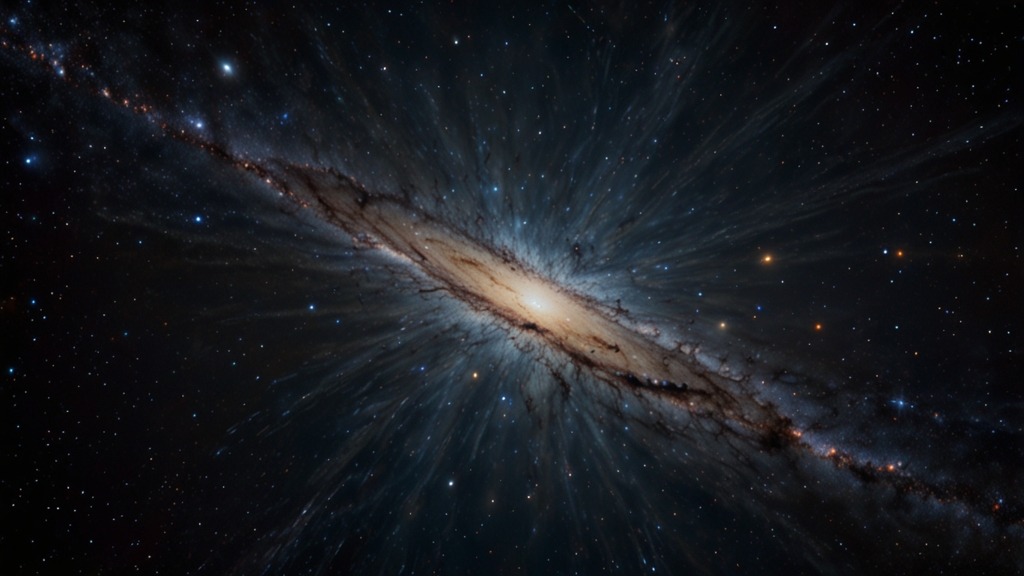Genesis and the Science of Creation: Clashing or Converging?
The question of our origins has been a topic of debate for centuries. Both the religious text of Genesis and modern scientific theories attempt to answer this age-old query, yet they often appear in stark contrast to each other. This article explores whether the accounts of creation in Genesis and the scientific explanations of the universe's origin are fundamentally at odds or if there are points where they might converge.
The Biblical Account
The Book of Genesis, the first book of the Bible, presents a narrative on the creation of the world and all life within it. According to Genesis, God created the universe in six days and rested on the seventh. This account includes the formation of the heavens and the earth, the creation of light, land, sea, plants, animals, and finally, human beings.
"In the beginning, God created the heavens and the earth. The earth was without form, and void; and darkness was on the face of the deep. And the Spirit of God was hovering over the face of the waters." – Genesis 1:1-2
This passage encapsulates the divine orchestration of the cosmos, presenting a monotheistic view where God is the supreme creator. For many believers, this account is taken as literal truth. However, others see it as allegorical, aiming to convey deeper spiritual truths rather than serve as a scientific explanation.
The Scientific Perspective
Modern science provides a vastly different narrative about the origins of the universe. The Big Bang Theory is the predominant cosmological model explaining the universe's early development. According to this theory, the universe began approximately 13.8 billion years ago from an extremely hot and dense singularity and has been expanding ever since.
Alongside the Big Bang Theory, evolutionary biology offers insights into the development of life on Earth. Charles Darwin's theory of evolution by natural selection explains how complex organisms, including humans, evolved from simpler ones over billions of years. Genetic evidence further supports this, revealing common ancestors and the branching tree of life.
"The theory of evolution by cumulative natural selection is the only theory we know of that is in principle capable of explaining the existence of organized complexity." – Richard Dawkins
This scientific perspective relies on empirical evidence and rigorous testing, forming the cornerstone of our understanding of the natural world. It stands in contrast to the Genesis account, which is rooted in faith and religious tradition.
Clash or Convergence?
At first glance, the accounts in Genesis and the scientific theories appear irreconcilable. One relies on divine intervention and the supernatural, while the other is grounded in empirical evidence and natural processes. Yet, there are suggestions that these perspectives are not entirely incompatible.
Some theologians and scientists argue for a harmonious interpretation, wherein Genesis is seen as a mytho-poetic narrative rather than a literal account. They suggest that the 'days' in Genesis could metaphorically represent longer epochs, aligning more closely with the immense timescales in scientific theories.
Moreover, the concept of a divine creator could be interpreted as the initial cause or 'prime mover' in philosophical terms, giving rise to the Big Bang and the subsequent natural laws that govern the universe. This perspective does not contradict scientific findings but rather integrates them into a broader metaphysical framework.
"Science without religion is lame, religion without science is blind." – Albert Einstein
Einstein's words highlight the potential synergy between science and religion. While science provides a methodical understanding of the universe's workings, religion offers meaning, purpose, and ethical guidance. In this light, the Genesis account and scientific theories could be seen as addressing different aspects of the same profound question: where do we come from?
Conclusion
The debate between Genesis and the science of creation is far from settled. For some, the two will always be in conflict; for others, they represent complementary approaches to understanding our origins. As our knowledge progresses, both scientifically and theologically, perhaps we will find greater convergence, allowing us to appreciate the richness that both perspectives bring to the quest for understanding the universe and our place within it.










